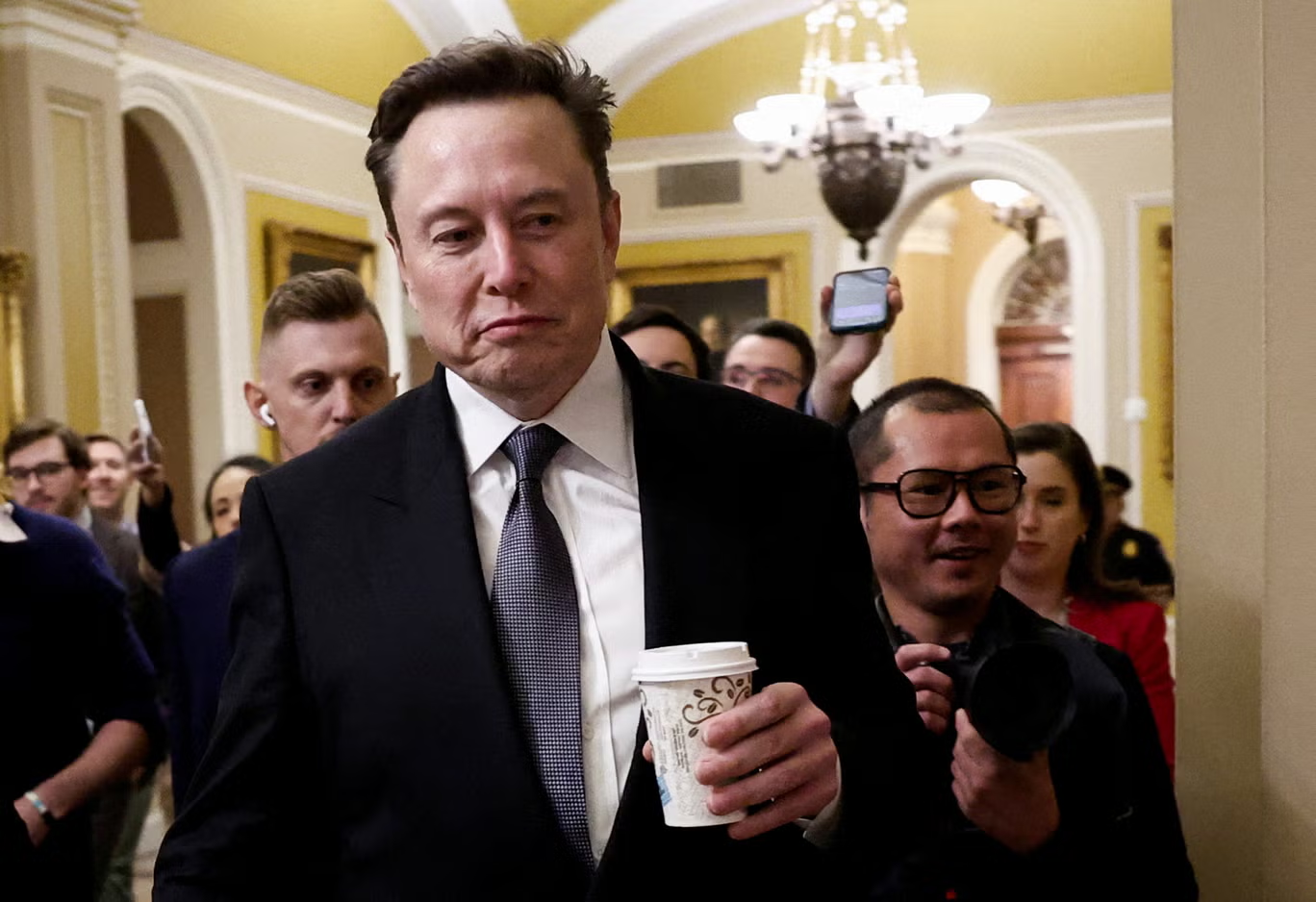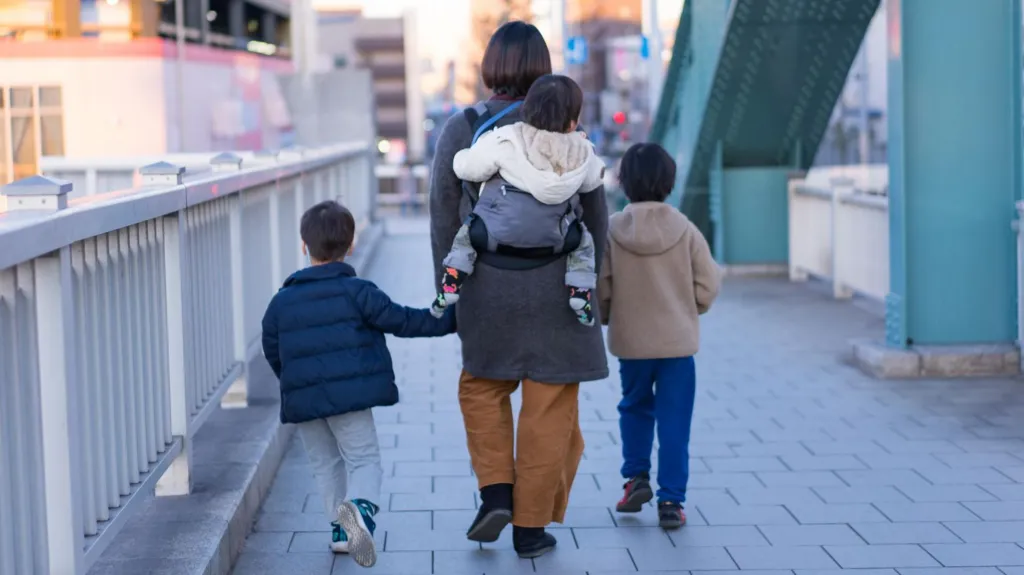Two mothers have launched a legal challenge against the UK government, arguing that the Universal Credit (UC) two-child benefit cap is discriminatory and leaves vulnerable families without essential support. This policy, introduced in 2017, prevents families from claiming the child element of UC or child tax credits for any third or subsequent child, significantly impacting larger families already struggling with rising living costs.
Background on the Two-Child Cap Policy
The two-child cap, which has long been contested by anti-poverty organizations, applies to most families, with only a few narrow exceptions. Under the policy, families can only receive financial support for two children unless they meet specific criteria. One such exemption is known as the “non-consensual conception exception,” or “rape clause,” allowing financial support for a third child conceived through non-consensual acts. However, this exception only applies if the child born from a non-consensual conception is the third or subsequent child.
The Mothers’ Stories and Legal Grounds
The two mothers involved in the case, represented by the Child Poverty Action Group (CPAG), have complex family histories. Both women, who remain anonymous, became pregnant as teenagers due to non-consensual circumstances. One of the mothers, identified as LMN, later had additional children consensually, while the second mother, known as EFG, currently cares for three children but only receives benefits for two of them. Due to the policy’s rigid application, they missed out on thousands of pounds in support they would have received had they been eligible for the exemption.
In a statement, Claire Hall, CPAG’s head of strategic litigation, said, “They should be able to get the exemption for the non-consensually conceived children, irrespective of at what point they are born.” Hall and CPAG argue that the policy is both “discriminatory and irrational,” as it fails to account for the unique challenges faced by these mothers and others in similar situations.
Financial and Emotional Impact on Families
For LMN, it took years to secure support for her third child, resulting in significant financial loss. “She went for years without this support, amounting to thousands of pounds which will not be backdated,” CPAG explained. Meanwhile, EFG expressed her frustration over the narrow scope of the exceptions, highlighting that, had her non-consensual conception occurred after the birth of her first two children, she would have qualified for an exemption.
The CPAG claims that this policy has placed an unjust financial burden on these mothers, and by limiting the scope of the exception, the policy effectively penalizes them for circumstances beyond their control.
Government and Opposition Responses
The Department for Work and Pensions (DWP) has refrained from commenting on the legal proceedings, which are expected to take place next year. A spokesperson stated that the policy would be delivered “in the most effective, compassionate way, with the right exceptions and safeguards in place.” Yet, critics argue that the current exceptions are insufficient and have proven difficult to verify for mothers who have never reported past trauma.
Despite calls for reform, political leaders have been hesitant to commit to changes. Labour leader Sir Keir Starmer previously stated that he would not change the two-child cap if Labour were to gain power, emphasizing a focus on economic growth rather than immediate welfare reforms.
Broader Implications and the Ongoing Fight for Change
The two-child cap has been contested by campaigners and was previously challenged in the Supreme Court, where it was argued that the policy violated human rights. Although the court upheld the policy, organizations like CPAG continue to fight for a more inclusive welfare system, especially for families facing unique challenges.
As the case moves forward, it raises questions about how welfare policies address the complex realities of families in need and the responsibility of the government to provide a safety net for all children, regardless of family size or circumstances of birth. With the High Court hearing expected next year, this case may once again shine a spotlight on the two-child cap, potentially influencing future debates on welfare reform in the UK.
Source











